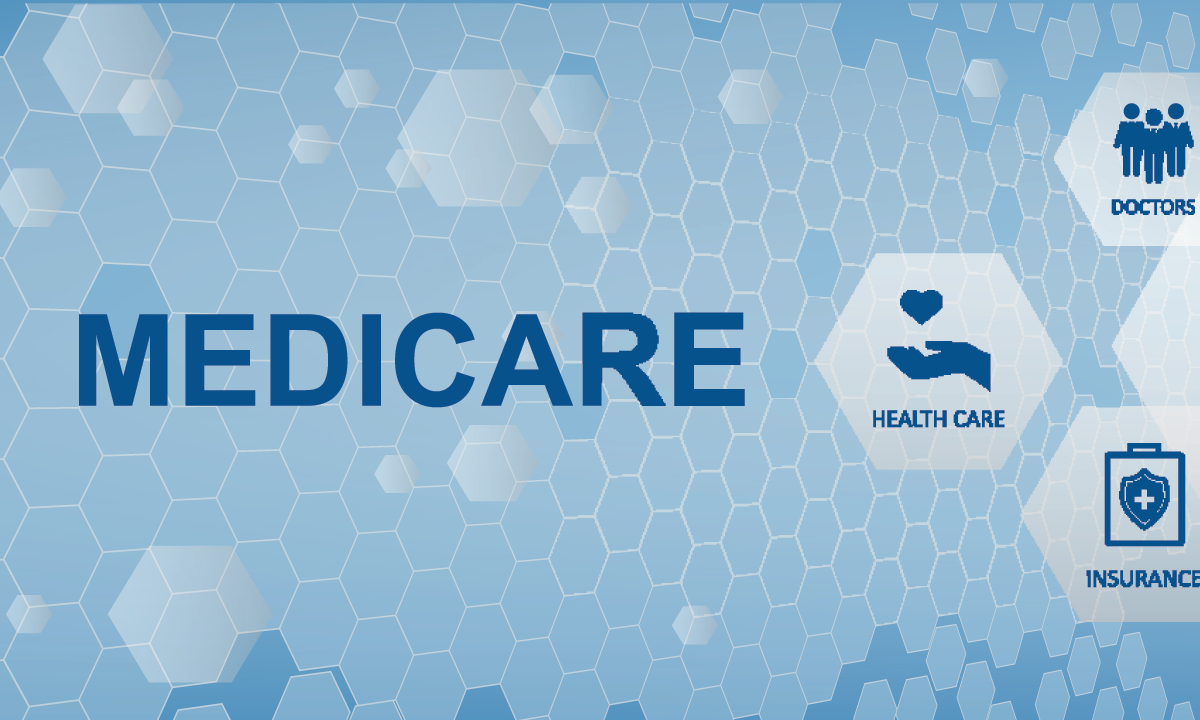
On July 13th, the Centers for Medicare & Medicaid Services (CMS) issued the calendar year (CY) 2024 Physician Fee Schedule (PFS) proposed rule. The ruling is just a proposal, but history demonstrates that it closely aligns with the final policy for the coming year. Therefore, it’s worthwhile to evaluate the announcement.
The overall Medicare reimbursement rate will be lowered by 3.34%, as proposed. The 2024 conversion factor is set to be $32.75, a decrease of $1.14 from the CY 2023 conversion factor of $33.89. Note that the proposed rate is typically “improved” by Congressional intervention, but the decline will likely only be softened, not reversed.
In a somewhat surprising move, the government is expanding payment opportunities to practices for non-traditional services. This includes reimbursement for:
Further, the government announced its suspension of the Appropriate Use Criteria (AUC) program, even rescinding the current AUC program regulations.
In 2020, the government had proposed payment for an add-on code – G2211 - to evaluation and management (E/M) visits to recognize the “value and inherent complexity in primary and longitudinal care.” At the time, the estimated government payout was deemed too high for the budget to bear, so the proposal was scrapped by Congress. The Biden/Harris administration has resurrected the idea. The code, as proposed, could be added onto E/M encounters for a payment boost to recognize “longitudinally treating a patient’s single, serious, or complex chronic condition.” It may not be used when an E/M encounter is billed with a -25 modifier (to indicate a distinct, separately identifiable service), however, the proposed language provides for broad use. If finalized, expect to receive more details about how and when to use the new code.
As proposed, the government will hold steady on split/shared E/M visits, allowing the current definition of substantive portion to stand. Under the current definition, the billing provider must complete one of the three key E/M visit components (history, exam, or medical decision-making [MDM]), or more than half of the total time spent by the physician and NPP performing the split or shared visit.
Not surprisingly, CMS announced its intention to implement provisions of the Consolidated Appropriations Act 2023 related to telemedicine. This includes, but is not limited to, coverage and payment of the current Medicare telehealth services list through the end of 2024. Further, the telemedicine payment rate is proposed to continue to be the non-facility (higher) rate for professional services.
CMS is proposing to allow academic health systems an exception to the in-person teaching physician requirements for residency training sites. The government is seeking comments as to their proposal that attending physicians can be present for the key portion of the service through audiovisual real-time communications technology.
For more information, peruse the 2,033-page ruling available here – or perhaps just read the much shorter accompanying fact sheet. Expect the final ruling to be issued the first week of November 2023.
The contents of The Sentinel are intended for educational/informational purposes only and do not constitute legal advice. Policyholders are urged to consult with their personal attorney for legal advice, as specific legal requirements may vary from state to state and/or change over time.